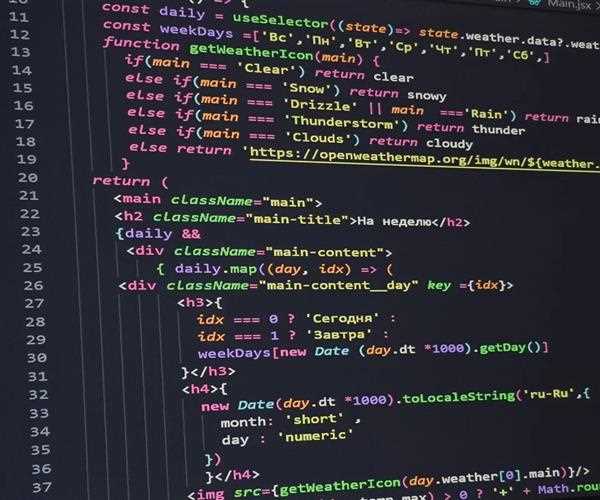OOP and FP are two principal paradigms of software development with quite different approaches to the problem-solving process. OOP bears a concept of objects where both data and behavior are contained whereas FP revolves around the notion of pure functions and data immutability. They determine the organization of the program, procedures for changing states and ways in which the modularity and reuse are done. Such distinctions are essential to make interventions concerning the selection of a proper paradigm depending on the project’s characteristics and complexity.
OOP introduces objects as the user’s representations of data combined with functions that operate on that data. This enhances encapsulation, achieves inheritance, and supports polymorphism, thus enabling one to model such actual entities simply. Data is always encapsulated in objects and the change in the state of an object is achieved through methods only. This makes it easy to reuse the codes and introduces modularity which is why OOP is preferred when designing large programs with relationships between objects.
However, FP has its basis on the pure function function which does not alter the state or produce any side effects. The data is considered as fixed, and computations are achieved with the help of functions combination, rather than variables. This makes FP highly predictable and easier to debug since functions always return the same value for the same input value. It also supports declarative programming where one lacks to define how a task can be solved thus making code more readable and maintainable.

Another clear difference is that they have a different approach to the concurrency model. OOP can face some difficulties connected with concurrency caused by the mutable state and by sharing objects. FP, with its focus on non- alterable values, indicates that it is easily amenable to parallelism since functions do not alter parameters or values. Thus, FP seems to be more beneficial to use in applications that entail high concurrency like data-intensive distributed systems.
Finally, OOP and FP are two different programming paradigms which are used depending on the needs of the project. OOP is best suited where there are many interactions and where the application is likely to change over a long period of FP is best in performance critical and runners applications. Thus, it can be stated that one of the major advantages of mainstream paradigms is their ability to learn both procedural and object-oriented approaches and select the best strategy for effective software development at different stages of the project implementation.
Conclusion
In conclusion, the concepts of both object-oriented programming and functional programming have a number of strengths depending on the project. OOP performs well in capturing systems that go through constant changes in their states and complexity in the interactions between the various components of a system; a characteristic which is well suited with complex software development that has large scales. While FP emphasizes immutability and purity, this makes the programming code more efficient in concurrent environments and the code executed is far easier to debug. Therefore, it is crucial to select the appropriate paradigm or choose a combination of them as a balanced or the best fit for the project that is going to be developed to solve a given problem and meet its requirements regarding its efficiency, maintainability, and scalability.